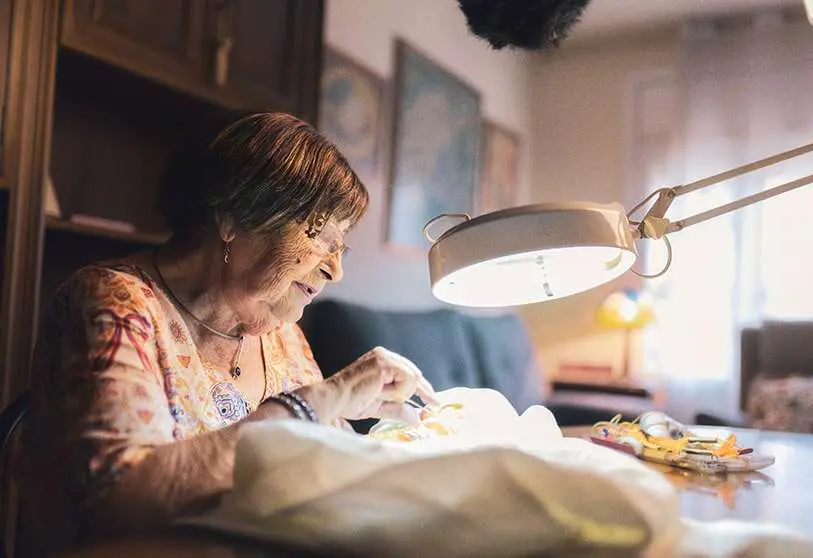More than half of those over 55 years of age experienced feelings of loneliness during COVID-19 confinement

More than half of those over 55 years of age (56.4%) experienced feelings of loneliness during COVID-19 confinement, a figure that was nine points higher than before the pandemic (47.3%), according to a study by the Social Observatory of the "la Caixa" Foundation. This scenario most affected those who did not feel alone before this situation arose.
Specifically, from February to April 2020, it was emotional loneliness (referring to the lack of trusting relationships) that increased from 25% to 36%, while social loneliness (referring to the lack of relationships with the social group) fell from 26% to 18%. Moderate loneliness increased from 40% to 52% while severe loneliness decreased from 7.4% to 4.7%.
These are the main conclusions drawn from the study 'Loneliness during confinement: an epidemic within the COVID-19 pandemic', carried out by researchers Juan Manuel García-González (Pablo de Olavide University, UPO), Rafael Grande (University of Málaga), Inmaculada Montero (UPO) and Dolores Puga (Consejo Superior de Investigaciones Científicas).

The work, promoted by the Social Observatory of the "la Caixa" Foundation within the call for research support on the social impact of COVID-19, studied the effects of loneliness caused by confinement in order to identify preventive measures and interventions to reduce the consequences of this situation.
To this end, the authors carried out a two-phase survey of 750 people over 55 years of age living in Andalusia: the first was conducted before confinement, in February 2020; and the second was conducted in late April and early May, in the midst of confinement.
While the feeling of loneliness among older people before confinement affected both women and men in a similar way, the research indicates that during this period the impact was more intense among women. In this regard, 62% of the female population reported feeling lonely compared to 50% of the male population, although more severe loneliness decreased to a greater extent among women.
By age group, the most noticeable increases occurred between 65 and 79 years of age and to a greater extent among women, especially due to the increase in moderate loneliness. In the 55-64 age group, the prevalence of loneliness among men hardly increased at all, while among women it increased by around 30%. Finally, among the over 80s there was hardly any change compared to before confinement and severe loneliness decreased for all age groups.

The feeling of loneliness is generally higher among people with a lower level of education and, according to the research, different studies show that a higher level of education offers greater strategies, resources and stable contacts for coping with or avoiding loneliness.
In this sense, during confinement, the proportion of people with feelings of loneliness increased more in the group with primary education or no education.
In terms of health and loneliness, people in a situation of loneliness reported being in poorer health and those in poorer health were also more affected by loneliness. Moreover, the rate of loneliness increased to a greater extent among those in good health or who felt that their health had improved, possibly because of the greater impact that confinement had on their daily lives. Similar trends of increasing loneliness were observed among the population without limitations in basic activities of daily living and without depression. The only exception was the group of people with chronic depression, whose level of loneliness remained constant.

The aim of the Social Observatory of the "la Caixa" Foundation is to provide diagnoses of the social reality in the areas of knowledge related to the main areas of action of the "la Caixa" Foundation: social, education and culture.










